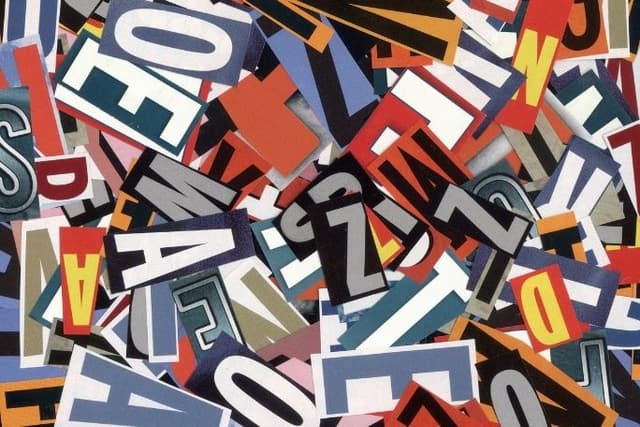
Creative Sustainability - Text in Art
Lesson4 of 5 in this unit
SecondaryYear 9 - 10The ArtsMedia ArtsVisual ArtsEnvironmentalSustainability
Summary
Lesson Guides and Printables
Lesson Plan

Student Worksheet

Teacher Content Info


Lesson Plan

Student Worksheet

Teacher Content Info
